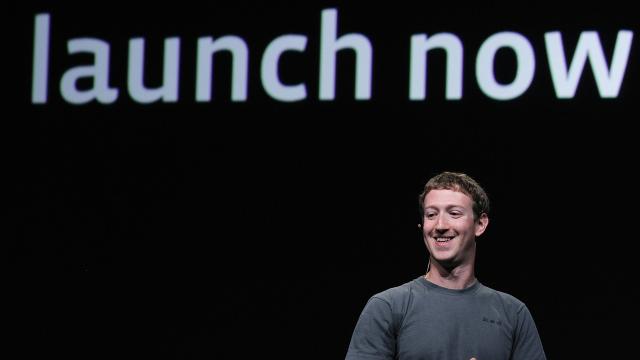In the aftermath of the Cambridge Analytica scandal, Facebook promised users a tool that would give them back some power over how extensively they can be tracked online. That was seven months ago.
In May, Mark Zuckerberg wrote on his personal page ahead of F8 that the company would roll out a feature called Clear History.
It would afford users the option to view what third-party websites and apps send Facebook data based on their activity, as well as both prevent that data from being associated with their Facebook account and stop the social network from storing that data in connection with their account in the future.
As Zuckerberg noted, users’ browsing history includes information like “what you’ve clicked on, websites you’ve visited, and so on.”
“Apps and websites that use features such as the Like button or Facebook Analytics send us information to make their content and ads better,” Erin Egan, Facebook’s VP and Chief Privacy Officer, shared in a post in May.
“We also use this information to make your experience on Facebook better.”
Egan said that it would take “a few months” to build Clear History, but David Baser, the head of Facebook’s privacy product team, now tells Recode that “It’s taking longer than we initially had thought” to develop the tool. Users will have to wait until next year for the feature, which Baser said will roll out “for testing by spring of 2019.”
According to Baser, the reason for the pushback is technical — the company has reportedly struggled with easily and efficiently consolidating all of the data associated with each individual user.
It’s also important to note that while this feature is certainly a step forward in empowering users to have some control over their privacy, it shouldn’t be conflated with the ability to totally annihilate their browsing history from Facebook’s servers. Clearing your history gets rid of any identifying information for an individual’s account, but Facebook says the anonymized data will still exist.
“We’ll still provide apps and websites with aggregated analytics – for example, we can build reports when we’re sent this information so we can tell developer if their apps are more popular with men or women in a certain age group,” Egan said in May. “We can do this without storing the information in a way that’s associated with your account, and as always, we don’t tell advertisers who you are.”
In a statement sent to Gizmodo acknowledging the delay, Baser said, “We want to build something that’s truly helpful for everyone on Facebook and we’d rather take the time to get it right than rushing something out. One of the challenges we’ve faced is that when we store off-Facebook information we organise it by date, not profile. Clear History will show information organised by profile.
To do this instantaneously for people so they can control it, has meant we’ve needed to build a new way for our systems to process information.”
[Recode]
